Each organ in the body has its own indispensable roles in the metabolism of the whole organism and for that reason, the health of each organ is essential for the proper functioning of the human body. One of the major organs in the body is liver, which has numerous functions among which are production of vital proteins and blood clotting agents, procession of the essential nutrients, removing of the excess bile, filtering toxins and controlling the cholesterol metabolism. The liver also breaks down the erythrocytes. As we see, the roles of the liver are numerous and therefore, it is extremely important to prevent any possible damage of this organ since it can impair any of these functions.
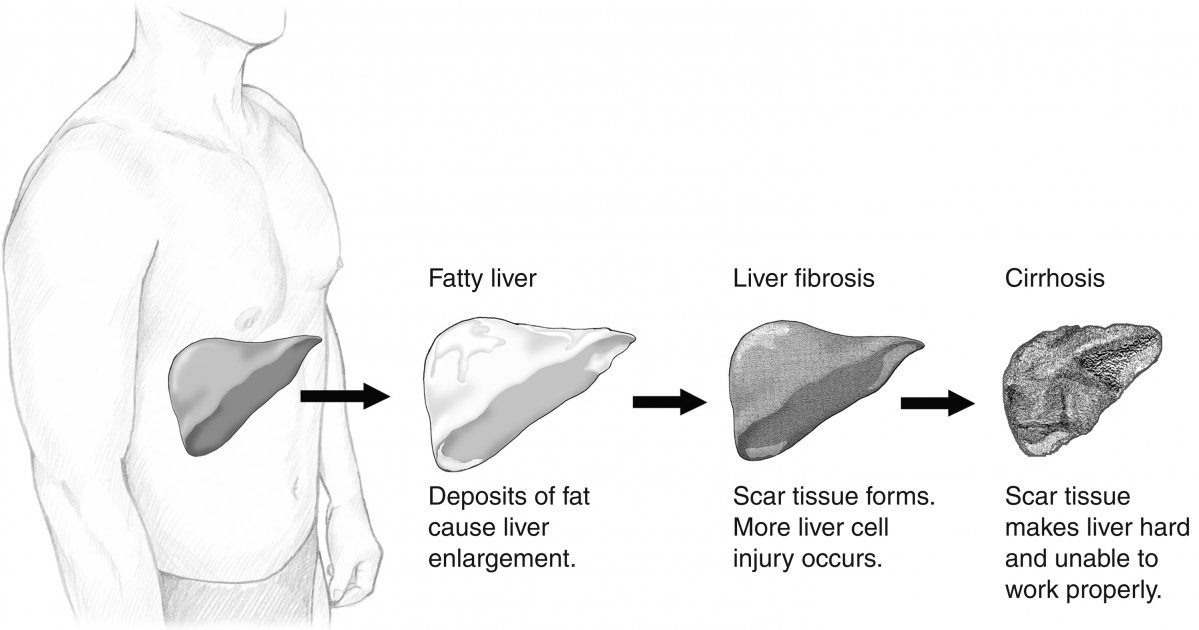
Causes of liver damage
Many people who have problems with alcohol may develop some liver disease and thus considerably damage this organ. Furthermore, certain genetic or metabolic disorders may also be possible culprits for the incidence of liver failure. It is also regarded that hemochromatosis is one of the causative factors for the occurrence of this condition since in people with this health issue, the liver cells have excessive amounts of iron. Liver damage may be also induced by hepatitis B and C and liver cirrhosis.
Symptoms of liver damage
When the liver is damaged, the excess bile stays in the blood causing jaundice. Thus, the main symptom of damaged liver is the yellow color of the skin and white part of the eyes. Apart from the jaundice, in the first phase of liver damage, the person usually feels tired, exhausted, weak, and without appetite. The liver damage also causes certain changes in the shape and look of the nails, which become curved and white.
Since the liver processes the nutrients for the digested food, when this organ is damaged, the nutrients are not processes in the needed amounts, thus causing loss of the weight and anemia. In some people with this problem, the skin turns darker while their stools turn lighter in color. Furthermore, the people whose liver is damaged may experience conditions such as irritable bowel syndrome, polydipsia and polyuria. While polydipsia refers to the excessive thirst, polyuria is a medical name for frequent urination. Hepatomegaly is also one of the common signs of damaged liver and it refers to the enlarged liver, which can be observed under the ribs on the right side. Bloating, spider nevus and enlarged testis or breast are also the warning signs that some liver problem is present.
- www.nhs.uk/conditions/alcohol-related-liver-disease-arld/symptoms/
- www.nhs.uk/conditions/liver-disease/
- Photo courtesy of National Digestive Diseases Information Clearinghouse via: catalog.niddk.nih.gov/catalog/ImageLibrary/detail.cfm?id=154


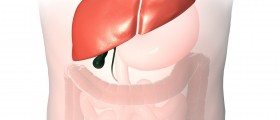



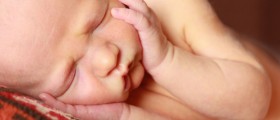



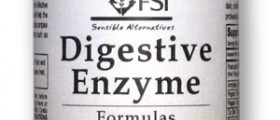
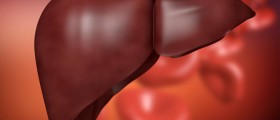


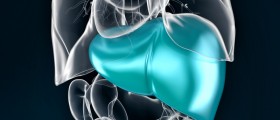

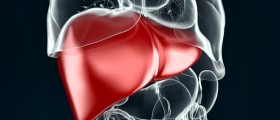
Your thoughts on this
Loading...